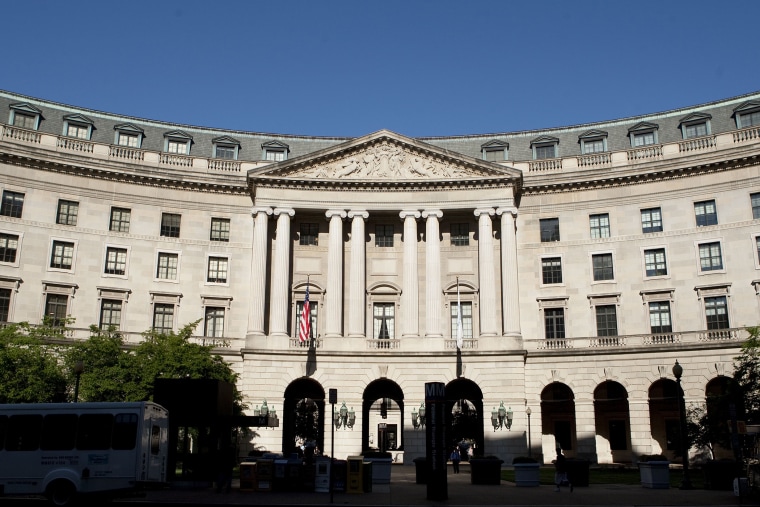We learned a few months ago that senior officials at the Environmental Protection Agency rejected calls to ban asbestos, despite the advice of EPA scientists, and opened the door to new uses for the known carcinogen. It was a rather startling example of the Trump administration doing a potentially dangerous favor for the chemical industry.
This week, as the New York Times reported, we learned about Team Trump doing another potentially dangerous favor for the chemical industry.
The Trump administration took a major step to weaken the regulation of toxic chemicals on Thursday when the Environmental Protection Agency announced that it would not ban a widely used pesticide that its own experts have linked to serious health problems in children.The decision by Andrew R. Wheeler, the E.P.A. administrator, represents a victory for the chemical industry and for farmers who have lobbied to continue using the substance, chlorpyrifos, arguing it is necessary to protect crops.
Let's circle back to our earlier coverage because it's worth appreciating how we arrived at this point.
The Obama administration originally proposed banning the pesticide's use on food in October 2015. A risk assessment memo issued by nine EPA scientists concluded. "There is a breadth of information available on the potential adverse neuro-developmental effects in infants and children as a result of prenatal exposure to chlorpyrifos."
By all appearances, this wasn't an especially tough call. There was, after all, "extensive scientific evidence" that even tiny levels of exposure to this pesticide "can harm babies' brains."
And then Donald Trump took office.
Just two months into the new Republican administration, officials reversed course, putting the federal ban on hold. This, not surprisingly, sparked a series of legal challenges, and as the Times' article noted, "Those lawsuits culminated in April when a federal appeals court ordered the E.P.A. to issue a final ruling on whether to ban chlorpyrifos by this month."
That final ruling from the EPA came yesterday. The administration sided with the chemical industry.
Let's also note for context that the current EPA administrator is Andrew Wheeler -- a former lobbyist for, among others, one of the nation's largest coal companies.
The new policy on chlorpyrifos will almost certainly face a new round of lawsuits, but the fact that the Trump administration is so determined to ignore its own scientists about this public-health issue speaks volumes about its approach to governance.
